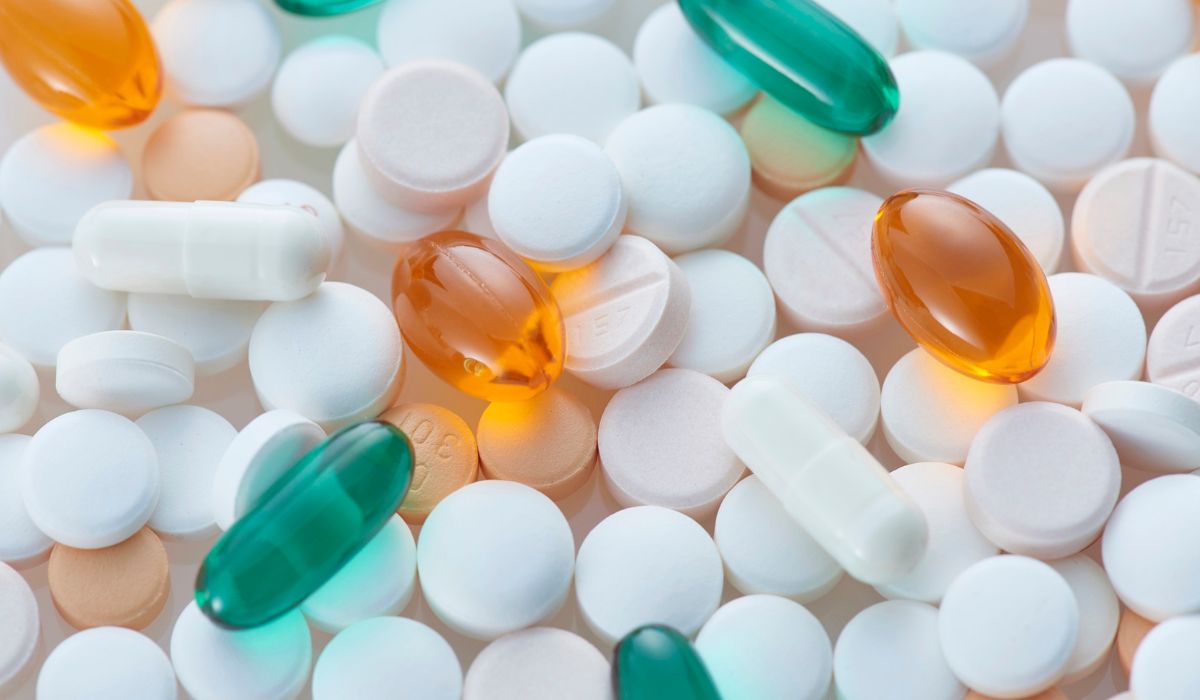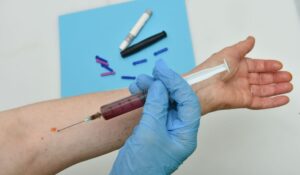Does Phenobarbital Show Up on a Drug Test?
Phenobarbital is a barbiturate that doctors sometimes give to help with seizure control, anxiety, or insomnia. It is also used as an anticonvulsant and hypnotic in some medical cases. If you or someone you know takes this medication, you may wonder, “Does phenobarbital show up on a drug test?”
At Lynk Diagnostics, a trusted drug testing center for rehab facilities, we know this is an important question. Whether you take phenobarbital for a medical disease like epilepsy or you are in therapy for substance abuse, it’s good to understand how the drug works in the central nervous system and how long it stays in the body.
Clinically Reviewed by Kristina Westerdahl
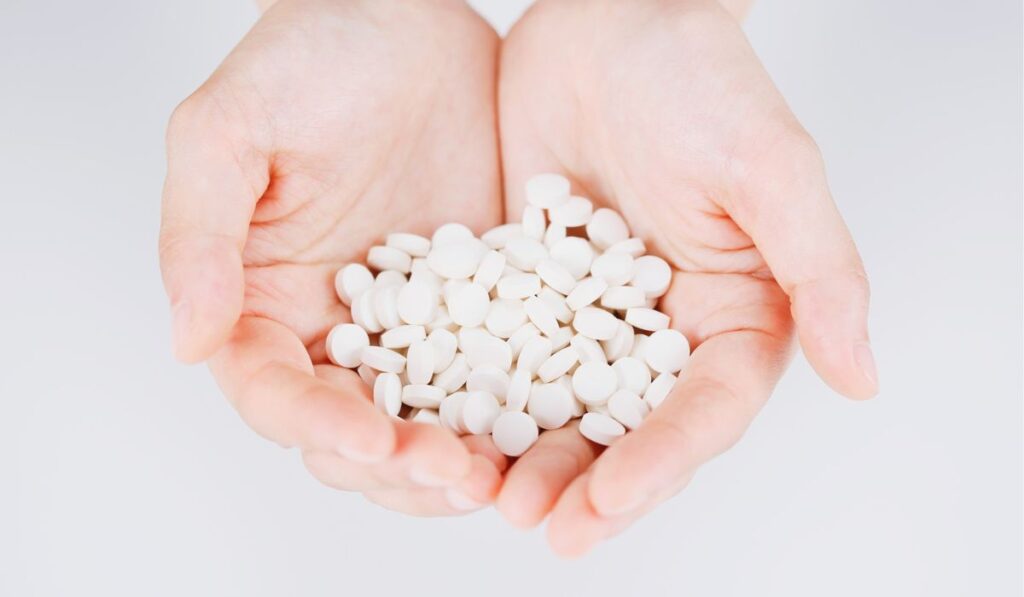
What Is Phenobarbital?
Phenobarbital is part of a group of drugs called barbiturates. Other barbiturates include amobarbital, secobarbital, and pentobarbital. These drugs slow down your brain activity by boosting GABA—a neurotransmitter that calms the nervous system.
Doctors may give phenobarbital for:
- Epilepsy or status epilepticus (long seizures)
- Anxiety or insomnia
- Severe migraine cases
- Medical sedation before surgery
Because phenobarbital is a controlled substance under the Controlled Substances Act, it’s regulated by the Drug Enforcement Administration (DEA). It can be addictive and cause physical dependence, especially when taken in high dose or for a long time.
How Does Phenobarbital Work in the Body?
The mechanism of action of phenobarbital is linked to GABA receptors in the brain. By increasing GABA, it slows nerve signals in the central nervous system, leading to sedation, reduced anxiety, and fewer seizures.
After oral administration, the drug enters the blood and travels to the liver, where enzymes break it down (metabolism). Some phenobarbital leaves the body through urine, saliva, and even hair follicle growth.
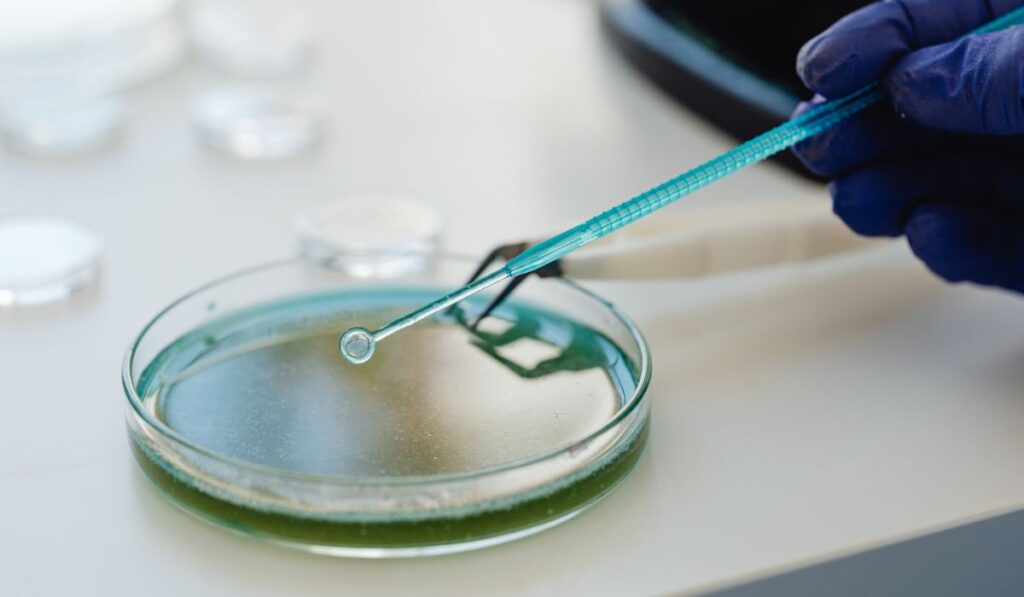
Does Phenobarbital Show Up on a Drug Test?
Yes. Phenobarbital usually shows up on a drug test that screens for barbiturates. This includes tests done by urine test, blood test, saliva test, and hair follicle test.
At Lynk Diagnostics, our advanced testing can detect phenobarbital in:
- Urine: Common for workplace and rehab screenings
- Blood: Used in medical or legal cases
- Saliva: Quick detection for recent use
- Hair follicle: Can show use from months ago
How Long Does Phenobarbital Stay in the System?
The time phenobarbital stays in your system depends on:
- Dose and how often you take it
- Your liver health
- Metabolism speed
- Age, weight, and enzyme activity
On average:
- Urine test: Detectable for up to 15 days
- Blood: Detectable for 5–7 days
- Saliva: Detectable for 1–5 days
- Hair follicle: Detectable for up to 90 days
Factors That Can Affect Drug Test Results
Several things can change how long phenobarbital is found in your system:
- Alcohol or opioid use (like fentanyl, methadone, or oxycodone)
- Other medication like benzodiazepine drugs (diazepam, alprazolam, clonazepam)
- Mental health therapy medications like quetiapine, trazodone, bupropion, or fluoxetine
- Use of other controlled substances such as cannabinoid, methamphetamine, or phencyclidine
Why Is Phenobarbital a Concern in Substance Abuse?
Phenobarbital can be misused for its calming and sedation effects. People struggling with addiction might take it along with alcohol or opioids, which increases the risk of barbiturate overdose.
In rehab programs, Lynk Diagnostics works closely with American Addiction Centers and similar organizations to ensure patients are safe during therapy. Detecting phenobarbital use can help prevent dangerous interactions with other substance use.
Side Effects of Phenobarbital
While phenobarbital can help with disease management, it also has risks. Side effects may include:
- Somnolence (extreme sleepiness)
- Nausea and vomiting
- Sedation
- Confusion
- Dizziness
- Breathing problems
Mixing phenobarbital with alcohol, opioids, or antipsychotic drugs can slow the central nervous system too much, leading to coma or death.
How Lynk Diagnostics Tests for Phenobarbital
At Lynk Diagnostics, we use advanced mass spectrometry testing to detect barbiturates in urine, blood, saliva, and hair follicle samples. We help rehab facilities track substance abuse recovery by checking for:
- Barbiturates like phenobarbital, secobarbital, amobarbital, pentobarbital
- Benzodiazepine drugs like alprazolam or diazepam
- Opioid drugs like fentanyl, methadone, oxycodone
- Stimulants like methamphetamine or cannabinoid products
Phenobarbital in the Controlled Substances Act
Phenobarbital is a controlled substance under the Controlled Substances Act because of its abuse potential. While it is legal for doctors to prescribe it for epilepsy, insomnia, or status epilepticus, it is illegal to use without a prescription.
Treatment and Support for Phenobarbital Abuse
If phenobarbital misuse is found on a drug test, rehab programs often combine therapy, medical treatment, and mental health support. This can include:
- Medical detox for barbiturate overdose or withdrawal
- Behavioral therapy for addiction and substance abuse
- Support for related issues like anxiety, insomnia, or migraine
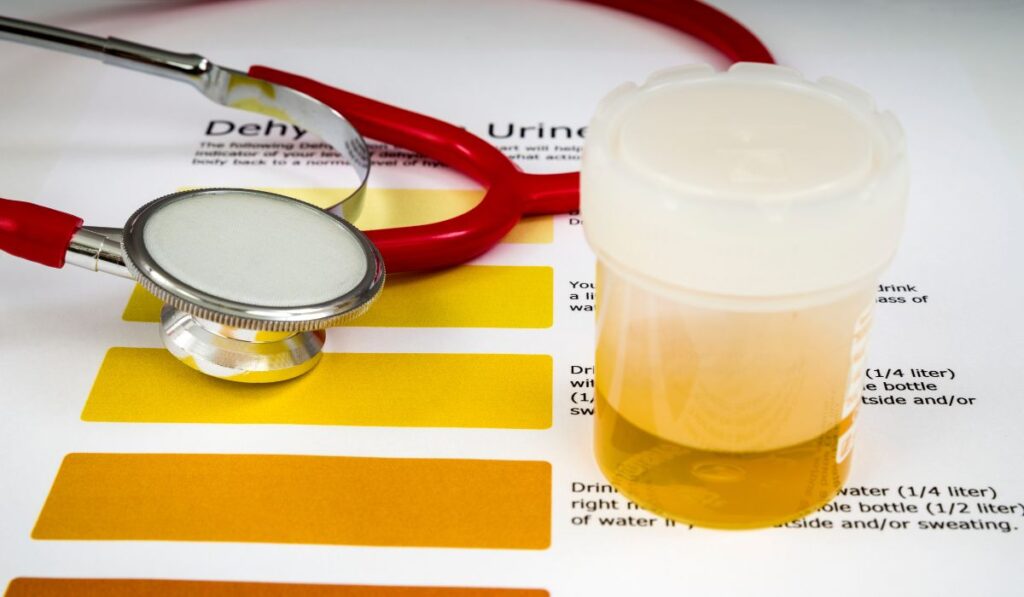
FAQs
Does phenobarbital always show up on a drug test?
Yes, if the drug test screens for barbiturates. Most rehab and medical tests do.
Can phenobarbital be mistaken for another drug in a test?
False positives are rare but can happen if you take other medication like certain antibiotic or antipsychotic drugs.
How long after taking phenobarbital will it show up in urine?
Usually within hours after oral administration or injection, and it can stay for up to 15 days.
Can alcohol affect phenobarbital detection?
Yes. Alcohol can slow its breakdown in the liver, making it last longer in the blood and urine.
What should I do if I test positive for phenobarbital but have a prescription?
Provide your prescription details to the testing center, like Lynk Diagnostics, to avoid false claims of abuse. Contact us today for more information about our drug testing.
Sources
- National Library of Medicine – Phenobarbital Overview
- DEA – Controlled Substances Act
- MedlinePlus – Phenobarbital Uses and Warnings
- American Addiction Centers – Barbiturate Addiction
- Mayo Clinic – Phenobarbital Drug Testing Info

